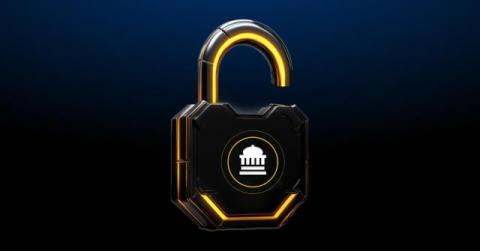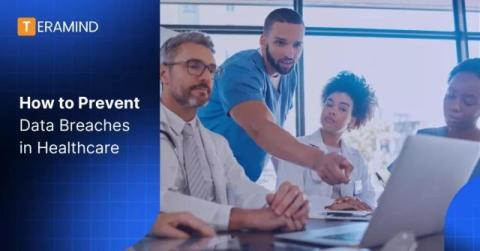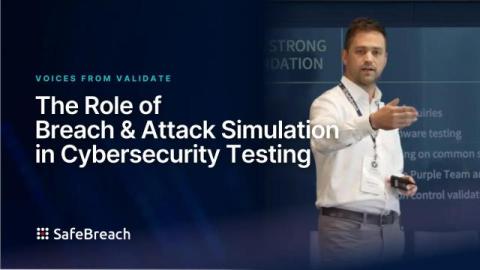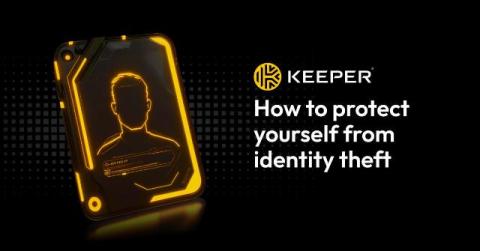Public Sector Breach Alert: Q3 2024
The public sector has faced a surge of cyber attacks in recent months, targeting state agencies, schools and local governments, severely affecting operations. Several recently released cyber industry reports show a steady or growing number of ransomware attacks so far in 2024. The examples below are just some of the cyber attacks against public sector organizations this past summer.










